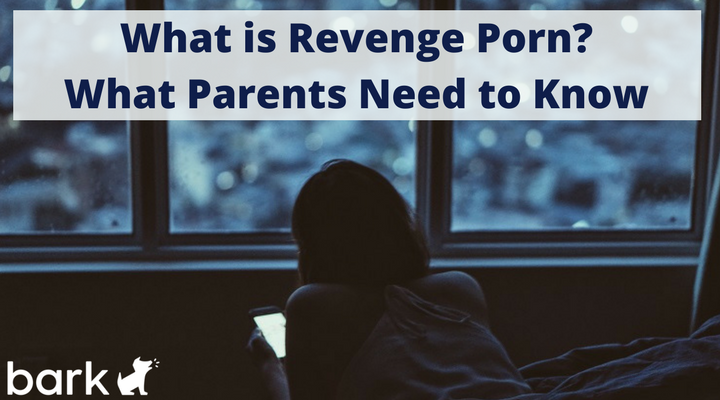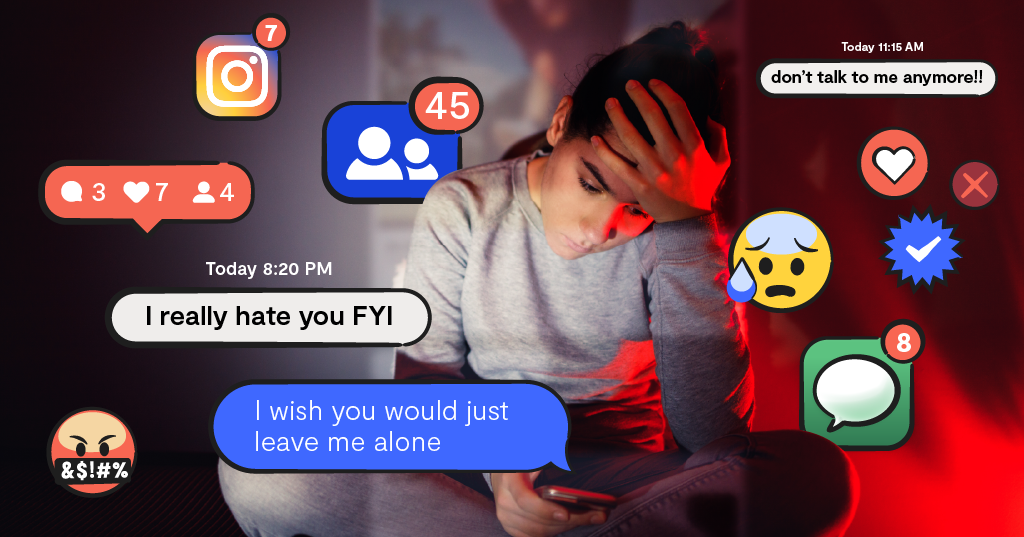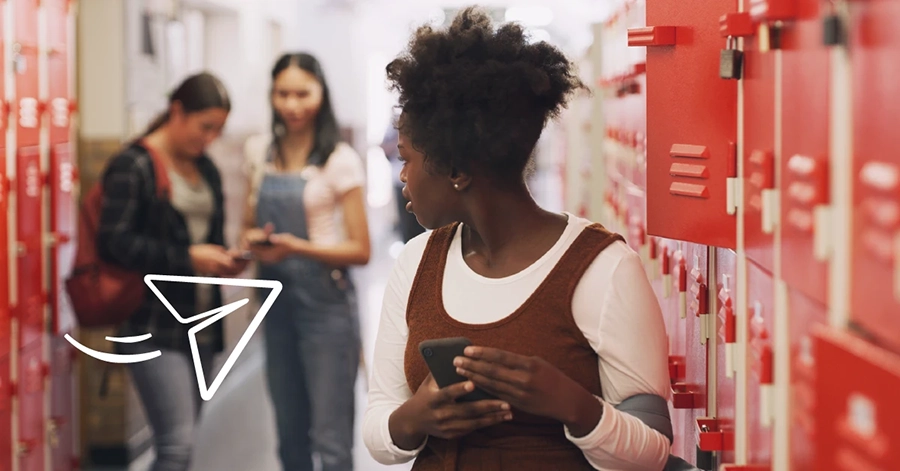
Mischa Barton, the star of The O.C., was recently the victim of revenge porn, an emerging form of cyberbullying. According to her, someone she dated used a hidden camera to video tape her during sex and in the shower. He then attempted to sell those videos. She found out about it and hired an attorney to help. Mischa wants everyone to know that "if you are a victim of revenge porn, you can go into court and get orders to protect you."
New Forms of Cyberbullying: What Exactly is Revenge Porn?
Revenge porn is a type of cyberbullying where someone posts online pornographic materials (video or photographs) of another person without their consent. These could be pictures taken without the person's knowledge or with the person's knowledge during a previous relationship. Later those pictures are used as emotional blackmail or "revenge" for breaking off the relationship.
This isn't our parents world. For the first time in history, most of society has a camera with them at all times. Technology has made it possible, and easy, for the average Joe to place hidden cameras in bathrooms, hotel rooms, and gyms. Anyone can buy this equipment and have it delivered, with the click of a button.
Have Laws Kept Up With Technology?
In most states unauthorized use of surveillance cameras are a felony, and punishable by up to 2 years in prison. However, these laws vary from state to state. Most states have laws against cyberbullying which can apply to revenge porn, but it has to be proven and that's the hard part.
What Can You Do To Make Sure This Doesn't Happen To Your Kids?
The most obvious answer is to remind your kids, over and over again if necessary, to never photograph themselves nude, or in any state of undress, ever. Many teens and tweens consider sexting the new first base. They don't think about (or probably even care about) the fact that it is a criminal activity, to them it is just part of growing up and getting a first crush. But when these teen and tween dating relationships end, as they inevitably do in spite of promises to love each other forever and ever, the real danger of nudes is that they are often then used as revenge porn in the ensuing drama of broken hearts. Teens and tweens need to be made aware of the real risk of sending nudes, that pictures can be forwarded to other people and even Snapchats can be screenshot and shared.
How Do Parents Discuss Revenge Porn With Our Children?
- The answer is, before your child is old enough to use a phone and/or a computer you must get the conversation started. Use age appropriate terms discuss pornography. Talk to them at a young age about what sex is.
- Explain how the media uses sex to sell. Point out commercials and billboards that illustrate your point.
- Have strict rules in your home about what websites are appropriate and inappropriate to visit. Set firm boundaries.
- Remind your kids to update privacy settings on social media and keep them updated. Urge them to only share passwords with you and never with friends. Let them know to never share personal information, such as their address or school name, online.
- Don't leave your children alone with their computers at a young age. Keep it in the family living area. Ask them to let you know if they stumble across something that is inappropriate and then discuss it with them.
- When they are old enough to understand, when they have their first crush or first dating relationship, explain that some dating partners may ask for nudes. Let them know that you are firmly against sending nudes or partial nudes. Additionally, explain your reasons why. In fact, make it a habit to turn off webcams when not using them.
- Provide them with resources like Send This Instead. It's a website full of humorous ready-to-use comebacks they can send when asked for nudes.
- Join Bark monitors, detects, and alerts parents to online activity that could pose a danger to your child.
Did you know predators trick teens into making teen porn? They do, and it is scary. Read some tips on how to keep your children safer from online predators.
What Can You Do If Someone Posts Unauthorized Photos Of Your Kids Online?
- If it was a selfie, that means your child is the owner of the picture. In other words you have the copyright. If you can prove that, and you have the original photo, google can do what is called a DMCA take down.
- If a content owner (your child) sees content they own on a website, they can legally have it take down, by performing a DMCA take down. DMCA stands for, Digital Millennium Copyright Act, and it is to protect the owners of copyrighted material. If they do not have the original photo or it was taken without their permission, things aren't as easy. However, websites, google, and twitter are trying to crack down on revenge porn. So, explain the situation and ask the website owner to take it down. Websites have been known to cooperate in many of these situations.
- Also, consider reporting it to the police. Especially since the picture is of a minor. Take a screen shot of the photo, jot down important information, and file a police report.
- There are support groups for victims of revenge porn. Consider contacting one near you or an online revenge porn victim support group.
- If you're concerned about prospective employers googling your child's name and seeing compromising pictures, you can try to flood their online footprint with good content and there are ways to do this, as a last-ditch remedy. It works. At least those photos wont be the first thing that pop up when their name is googled.
If you notice signs that your teenager is spending too much time on the internet in an unhealthy way, you need to talk. Visit Bark website today and sign up to receive alerts on potential issues such as different forms of cyberbullying, sexting, and online predators.
Read more
Bark helps families manage and protect their children’s digital lives.





